
Crossing the Mediterranean and a New Opening for Egypt By: Mustafa Kamal Al-Amir

- Europe and Arabs
- Saturday , 25 October 2025 7:3 AM GMT
The Egypt-EU Summit marks a new chapter in trans-Mediterranean relations. The Egypt-EU Summit, which brought together leaders of the 28-nation European Union, was held in the Belgian capital, Brussels, with a warm welcome from both the official and popular Egyptian communities in Europe, who flocked throughout the visit. This visit culminated in tireless efforts to bring the northern and southern shores of the Mediterranean closer together.
For the first time in the history of the European Union, this type of strategic partnership has been concluded with an Arab and African country, reflecting Egypt's rising status on the international stage. Previously, such partnerships were only concluded with major economic powers such as China and the United States.
Strategic Partnership and Economic Development
Upon receiving President Sisi, European Commission President Ursula von der Leyen affirmed that the summit witnessed the signing of several agreements that will open broader horizons for business and investment in Egypt.
The EU and Egyptian leaders also issued a joint statement welcoming the plan to cease the war in Gaza and affirming their rejection of any attempts to annex the West Bank by Israel.
This financial assistance, approved within the framework of the "Strategic Partnership" signed in Cairo in March 2024, in the form of concessional loans and direct grants, is a clear indication of the European Union's desire to strengthen its relationship with Egypt, a country that plays a pivotal role in the Middle East.
After the disbursement of the first €1 billion tranche in December 2024, total European aid to Egypt has reached €7.4 billion, including concessional loans, investments, and grants to support the economy and ongoing reforms.
Development and Green Transformation
The joint statement emphasized that the goal of European support is to promote economic reforms, expand trade and investment, localize industries, and create new job opportunities for Egyptian youth.
Additional agreements worth more than €110 million were also signed to support sustainable development, technical education, and vocational training.
Concerning energy, it was agreed to make Egypt a regional hub for clean energy and the green transformation through solar and wind energy projects and electrical interconnections with Europe, particularly with Greece and Cyprus.
The European Union affirmed its support for Egypt's "Nofa" initiative, considering it one of the most important regional initiatives to combat climate change.
Migration and Regional Security
The European Union praised Egypt's role in hosting millions of refugees and preventing irregular migration, reaffirming its commitment to supporting Cairo financially and technically in border management and combating human trafficking.
It was also agreed to establish legal and organized migration paths that benefit both sides, and to activate the "Talent Partnership" to open job and training opportunities for Egyptians in Europe.
Security, Defense, and Counterterrorism
The summit launched a new security and defense dialogue between Egypt and the European Union, covering counterterrorism, cybersecurity, maritime security, and organized crime.
The summit affirmed that Egypt is a key partner in the international fight against extremism and terrorism, and that its co-chairmanship with the European Union of the Global Counterterrorism Forum has strengthened its position as an effective force in regional security.
Regional Issues and the Egyptian Role
The summit discussed the situations in Libya, Sudan, Ukraine, and the Horn of Africa, affirming Egypt's support for peaceful solutions and its rejection of any foreign interference that threatens the unity and sovereignty of states.
The European Union also praised Cairo's role in hosting the African Union Center for Post-Conflict Reconstruction and Development, considering it a model for Egypt's role in supporting regional stability.
President El-Sisi's Remarks from Brussels
President Abdel Fattah El-Sisi affirmed from the Belgian capital that Egypt is on the cusp of a new phase of economic cooperation with Europe, amid major transformations taking place globally in the fields of trade, energy, and investment.
He pointed out that European investments represent approximately 32% of total foreign investments in Egypt,
which reflects international confidence in the Egyptian economy and the ongoing reforms.
Egypt: Europe's Gateway to Africa and Asia
President El-Sisi emphasized that Egypt's strategic location makes it an ideal gateway for European companies to access African and Asian markets, emphasizing that Egypt is a promising market capable of serving European markets and providing huge investment opportunities.
Egypt's Vision for the Future
The President concluded his speech by emphasizing that the investment partnership between Egypt and Europe must be based on mutual benefit, serving common interests and enhancing stability and development on both shores of the Mediterranean.


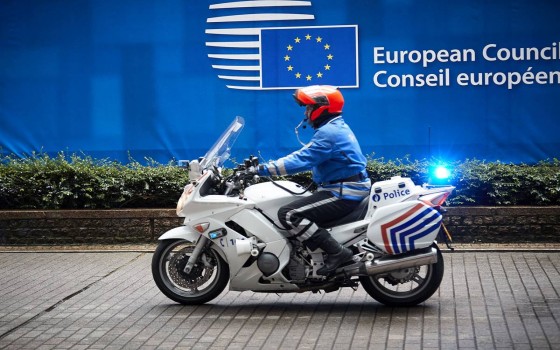

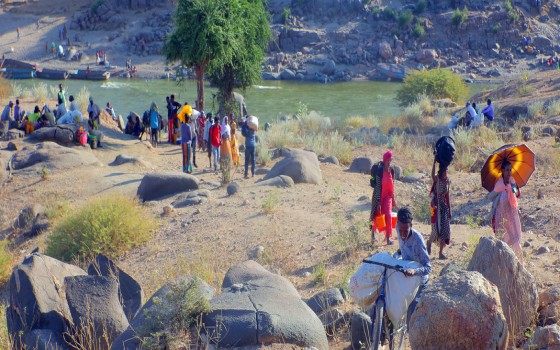

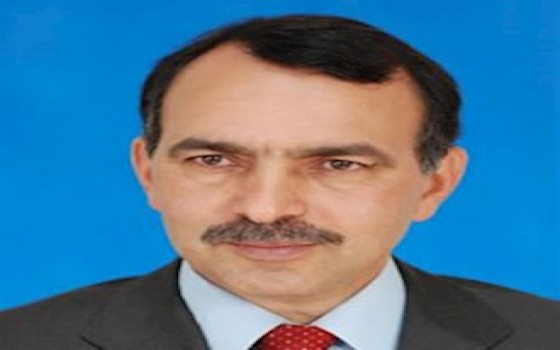
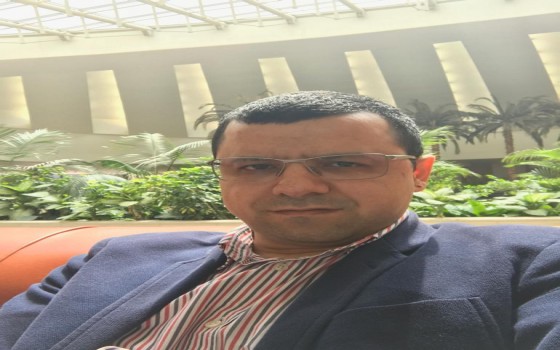



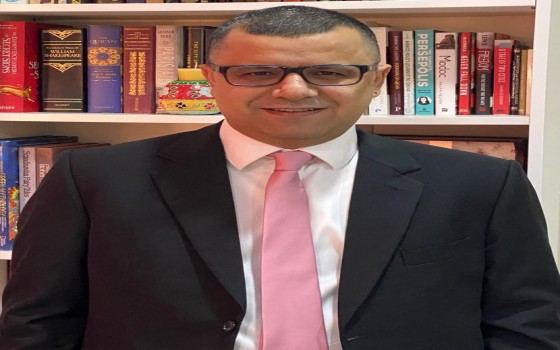
No Comments Found